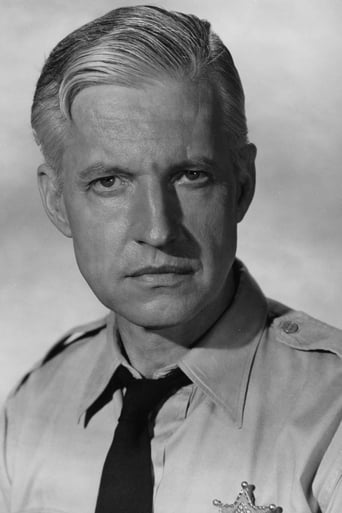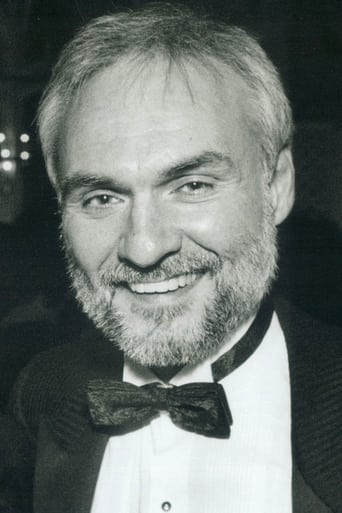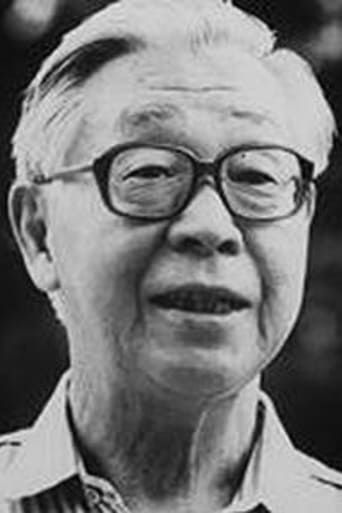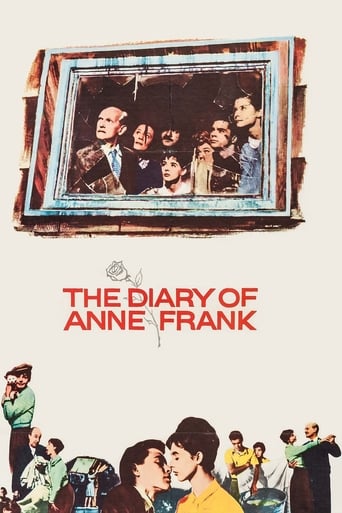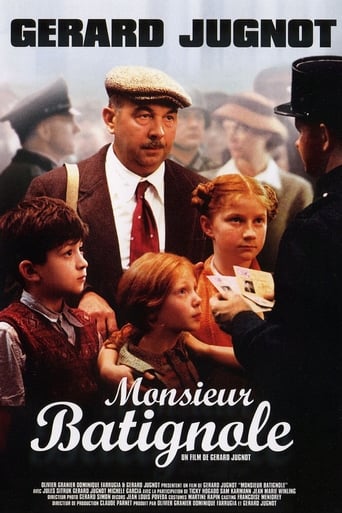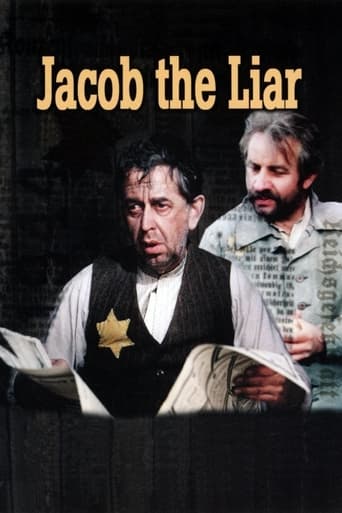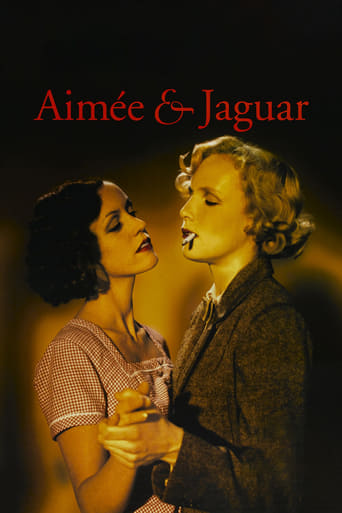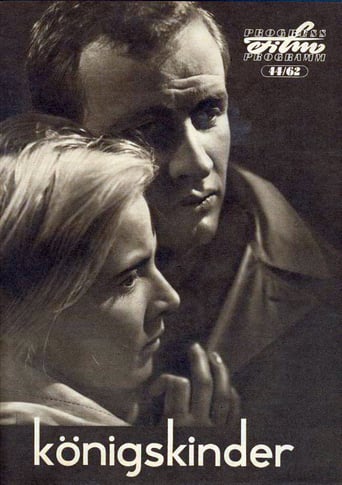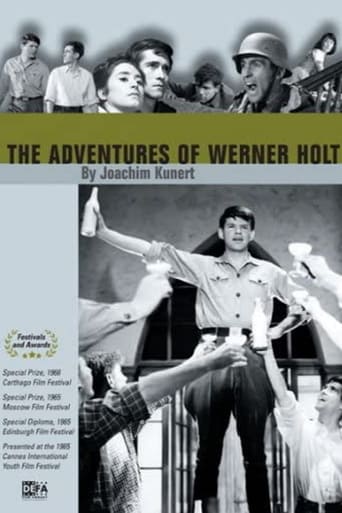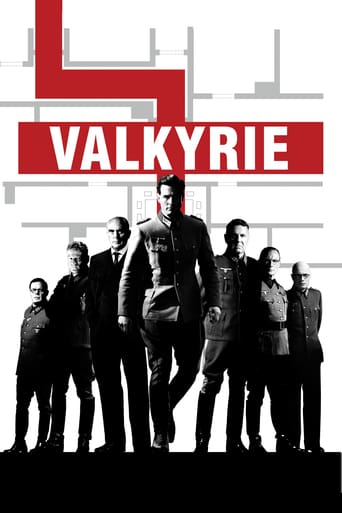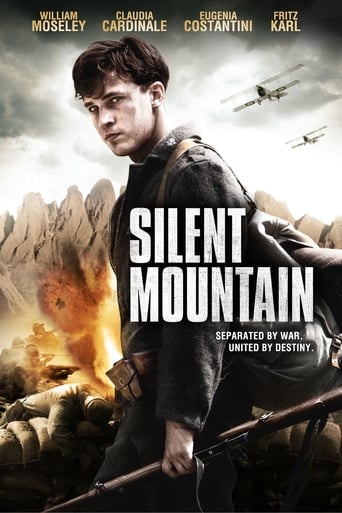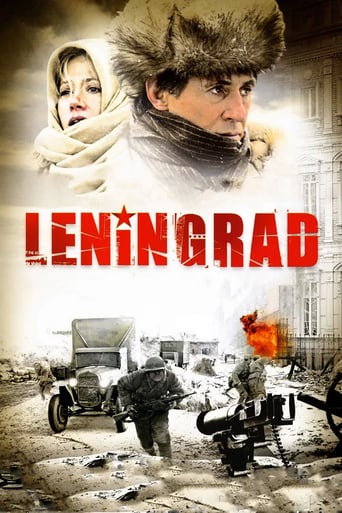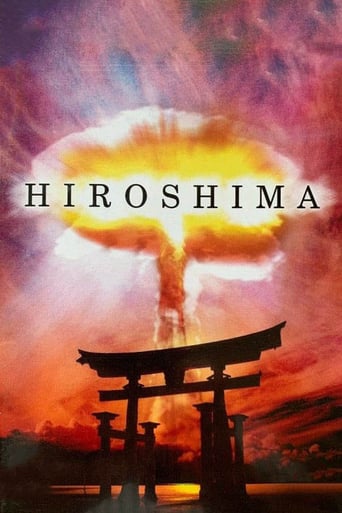

Hiroshima (1995)
Hiroshima is a 1995 Japanese / Canadian film directed by Koreyoshi Kurahara and Roger Spottiswoode about the decision-making processes that led to the dropping of the atomic bombs by the United States on the Japanese cities of Hiroshima and Nagasaki toward the end of World War II. Except as actors, no Americans took part in the production. The three-hour film was made for television and evidently had no theatrical release, but is available on DVD for home viewing. A combination of dramatisation, historical footage, and eyewitness interviews, the film alternates between documentary footage and the dramatic recreations. Both the dramatisations and most of the original footage are presented as sepia-toned images, serving to blur the distinction between them. The languages are English and Japanese, with subtitles, and the actors are largely Canadian and Japanese.
Watch Trailer
Cast


Similar titles
Reviews
Absolutely the worst movie.
Unshakable, witty and deeply felt, the film will be paying emotional dividends for a long, long time.
One of the most extraordinary films you will see this year. Take that as you want.
The story, direction, characters, and writing/dialogue is akin to taking a tranquilizer shot to the neck, but everything else was so well done.
We viewed this docudrama at a book study on the acceptability of the Truman's decision to bomb Japan. I was expecting to see a presentation of the awful realities of the bombing and appreciated that it really got into what went on behind closed doors, leading up to August 6, 1945. We are allowed into the private discussions with Truman, the Secretary of War, and the Secretary of State. Also, people like Robert Oppenheimer and Enrico Fermi make an appearance. There is a counter to these people as we watch Hirohito and the Japanese high command debate things like no surrender until the last Japanese citizen is dead. It is a little dry as these things must have been. For one thing, nobody knew exactly how much damage this bomb would do and whether it could even be delivered and armed. This is not preachy and I liked that. It showed nations under stress from the horrors of war, not knowing how many more of their loved ones would be lost. I spoke to several of my elderly friends and relatives who have continued to have no second thoughts about the decision to bomb Hiroshima and Nagasaki. They lived in a frightening world. Still, the horrible implications of nuclear weapons cause us to think. While this film would never win an Emmy for its acting, it gives us a view of the way things were and does in a pretty effective way.
Excellent. Recounted are the events leading to President Truman's decision to drop an A-bomb on Hiroshima in 1945 and its aftermath. Filmed primarily in "tinted" black and white with the weaving of newsreel and stock footage. Witness testimonials put the explanation point on the haunting depictions. Kenneth Welsh is uncanny in his portrayal of Truman. Other stars of note are: Richard Masur, Leon Pownall, Wesley Addy, Daisaku Akino, David Gow, Ken Jenkins and Naohiko Umewaka. A must for WWII and history buffs.
A very good docudrama. But you must be in the mood. It's a low-budget enterprise, talky, and with no bravura performances. Why is it good, then? I guess it's because it makes certain demands on the intelligence and moral concerns of the viewer that few other renditions of this story have bothered to even attempt. For many years, the United States mythos handled the issue in the most simplistic way. The Japanese were all kamikazes, an invasion of the Japanese homeland would cost untold thousands of lives, so we had to nuke them. Recent revisionist history has given us another version of what happened. The Japanese were on their last legs and they knew it. They were sending out peace feelers through Sweden, Switzerland, and Russia. The United States ignored these because we wanted revenge, so we had to nuke them, and fast. This film illustrates exceedingly well both the Japanese and American sides of the issue, with restraint and intelligence. There are neither heroes nor villains here. And no easy shots are made at particular figures. We can often tell, in conventional flicks, who is good and who is bad by the simple expedient of seeing whether a given character is handsome or homely. We tend not to notice this casting sleight of hand in our own movies because the difference in appearance supports our own prejudices. (We want the villain to be ugly.) But if you want this trick to be in your face, take another look at "The Cranes are Flying," a Russian war movie in which the American officer looks and sounds like a fat bumbling idiot, while the Russian commander is ruggedly good-looking and wears a tolerant shrink-like smile. Such cheap symbolism certainly isn't committed here. The commander of the Japanese army, who wants to fight to the last man, is both attractive and highly principled. Truman may not be a brilliant thinker but he is down-home shrewd and up front about everything. (If there is a problem with the casting it is that the actor playing Curtis LeMay is too handsome and polite for the part. LeMay was a courageous, ruthless, cigar-smoking blowhard, whom no one but a mother would call handsome.)So why was the bomb dropped? Evidently through a series of stochastic misunderstandings -- in intentions, exchanges, even in the translation of particular words. And ultimately in the rush of the United States to end the war -- for any number of reasons, including strictly political ones -- and in the desire on the part of the Japanese to find some sort of honorable peace in which their emporer retained his sanctity, leading to actions too deliberate to satisfy the Allies.The film is at its weakest in posing a false dilemma. (Or maybe the historical characters were responsible.) (1) We invade the islands, or (2) we nuke them without warning. All the possibilities in between are dismissed for one reason or another. One of them, given short shrift, is the possibility of a naval blockade which would shut off all supplies and cancel all naval traffic from the islands. Japan having no natural resources worth mentioning, it would have been only a matter of time before it worked. Loss of life would have been minimal, and we would not have had to use the bombs -- plural, Nagasaki was destroyed only three days after Hiroshima. One of the reasons repeatedly brought up in favor of using the bomb is that the American taxpayer has put out two billion dollars for this gadget, and if it weren't used they would want to know why their money was spent developing it. (I don't know of any words adequate to describe this sort of logic.) A blockade, however, would have taken more time, which would have involved waiting, which is not our strong suit. Another weakness is that James F. Byrne was a personal friend of Truman's. Truman, uncertain and new to the presidency, looked at him as a font of wisdom. And Byrne was a devoted hawk. This isn't made entirely clear, but it was in fact the case.Well, who knows what we and the Japanese should have done? Easy enough to make retrospective judgments. However, they should perhaps be made anyway. Maybe knowing what went wrong last time will help us prevent things from going so terribly wrong next time.
I found this masterpiece of a film by perusing the cable tv guide. Being a war history enthusiast, I was drawn to the content of the movie, only to realize that the production and actors and characters and images and storyline were equally well done. None of the performers are big celebrities, but that fact takes nothing away from their incredible performances and likenesses to the true people they portrayed. Kenneth Welsh as Harry Truman and Wesley Addy as Sec of War Stimson dominate with memorable renditions, but the entire cast deserves almost equal praise. I was not aware that President Truman was on a battleship when the uranium bomb descended on Hiroshima. The attitudes of American and Japanese leaders were nicely shown, and Truman's portrayed thoughtfulness and decisiveness were impressive. One of the infrequent 10's of my movie history. The docu-drama format gave the piece an even more realistic appeal.


